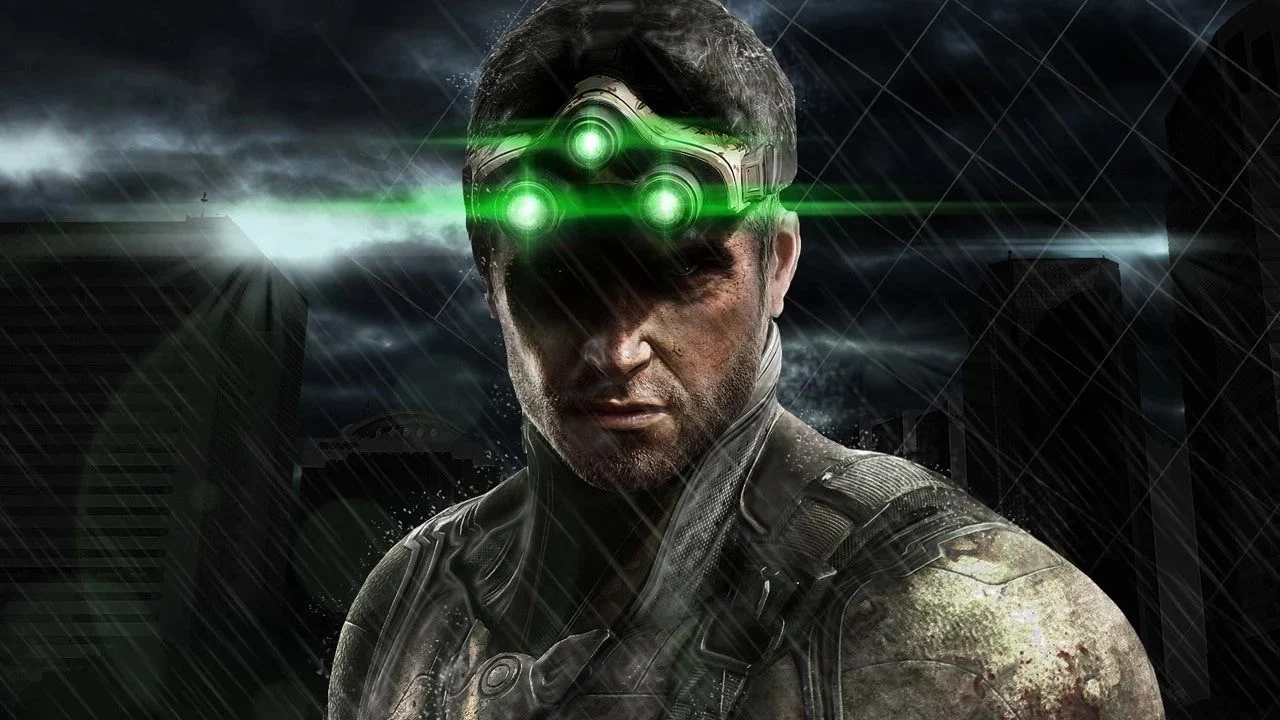Ubisoft was once known for diverse and innovative titles. But recently, their focus seems to have shifted. Fan-favourite franchises like Splinter Cell and Rainbow Six Vegas languish in neglect while a relentless stream of formulaic open-world games dominates their output.
Many blame this on the Guillemot brothers’ leadership, accusing them of prioritising profit over creative risk-taking. Could the upcoming Star Wars: Outlaws be a sign of change, or is it too little, too late?
The Case of the Missing Franchises
Splinter Cell and Rainbow Six Vegas offer potent examples of Ubisoft’s changing priorities. Both series were critical and commercial successes, with unique gameplay styles and dedicated fanbases. Splinter Cell’s tense stealth and Rainbow Six Vegas’ tactical squad-based action were standouts in their genres.
Instead of building on these successes, these franchises have been sidelined. Fans are left with half-hearted mobile spin-offs or empty promises of revivals that never seem to materialize. This leaves a void in the market, with no true successors to fill the tactical shooter or stealth-action niches these games once dominated.
The Open-World Treadmill
Meanwhile, Ubisoft churns Far Cry and Assassin’s Creed games with alarming regularity. While these franchises have their fans, the overreliance on a familiar formula—outposts to clear, map icons to chase, collectibles galore—has led to accusations of creative stagnation. Each new release feels less like a fresh experience and more like a variation on a theme.
This focus on open-world design isn’t inherently wrong, but it appears driven by market trends rather than a desire to break new ground. It creates a sense that Ubisoft is more interested in safe bets than in pushing the boundaries of gaming like they once did with franchises like Prince of Persia and Beyond Good & Evil.
The Glimmer of Hope: Star Wars – Outlaws
The announcement of Star Wars: Outlaws offers a potential break from the norm. A space combat game with a narrative focus seems to depart from Ubisoft’s recent output. However, scepticism is high within the community. After years of predictable releases, gamers hesitate to believe Ubisoft is genuinely committed to retaking risks.
Even though Outlaws has not yet been released, many have taken to social media to criticise the gameplay, trailer and the monetisation of content behind a seasonal pass.
The Guillemot Brothers Factor
Many blame CEO Yves Guillemot and his brothers for Ubisoft’s creative stagnation. Their business-focused leadership style prioritises short-term profit over long-term artistic vision, leading to accusations that they’ve stifled innovation within the company. They foster a risk-averse culture, favouring tried-and-true formulas over bold new ideas.
This criticism is fueled by several factors:
- Franchise Fatigue: The relentless focus on Far Cry and Assassin’s Creed, even as fan enthusiasm wanes, suggests prioritising guaranteed returns over creative exploration. Each new iteration feels increasingly derivative, a symptom of treating franchises as cash cows rather than sources of innovation.
- The Ghost Recon Debacle: The announcement of Ghost Recon: Frontline, a free-to-play battle royale, was met with fierce backlash. Fans felt it was a cynical attempt to capitalise on a trend, betraying the series’ tactical roots. Its subsequent cancellation seems to validate the community’s concerns that Ubisoft’s leadership is unaware of what players want.
- Microtransaction Mania: The increasing emphasis on microtransactions and in-game purchases in Ubisoft titles is another symptom of short-term profit-seeking. Even single-player experiences are often designed around systems that encourage additional spending, raising concerns that gameplay is being compromised for monetisation.
- Reports of Workplace Misconduct: The wave of workplace misconduct allegations that swept Ubisoft in 2020 further eroded trust in its leadership. Reports of a toxic work culture, where creativity and diversity were stifled, align with the perception that the Guillemot brothers prioritize maintaining control over encouraging a healthy and innovative environment.
These examples underscore the perception that Ubisoft, under its current leadership, is a company driven by profits, not passion. Whether fair or not, this perception breeds cynicism about its ability to deliver the kind of groundbreaking experiences it was once known for.
The Bigger Picture
Ubisoft’s situation is a cautionary tale for the games industry. It highlights the tension between commercial success and artistic risk-taking. It raises questions about the value of beloved franchises and the importance of responding to fan desires instead of solely chasing market trends.








